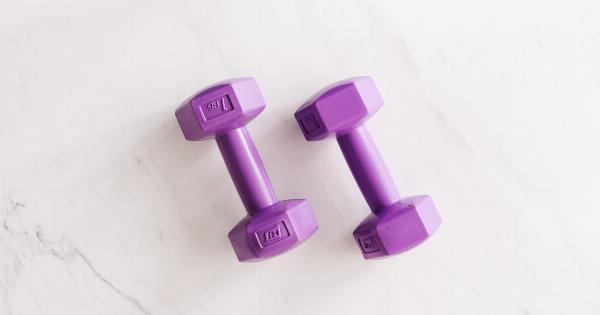Hemorrhoids, also known as piles, are swollen and inflamed veins in the anus and lower rectum area. They are a common condition, affecting half of all adults aged 50 and above.
While hemorrhoids can be uncomfortable and painful, the good news is that they are usually not serious.
However, it’s important to understand what triggers hemorrhoids in order to prevent them from recurring or worsening. Here are 7 triggers that are likely to cause hemorrhoids.
1. Constipation and Straining
Constipation and straining during bowel movements are the most common triggers of hemorrhoids. When you strain, you increase the pressure in your anal and rectal veins, which can cause the veins to bulge and become inflamed.
To prevent hemorrhoids caused by constipation and straining, you should aim to maintain regular bowel movements and avoid straining during bowel movements. You can do this by eating a high-fiber diet, drinking plenty of water, and exercising regularly.
If you have difficulty maintaining regular bowel movements, you may need to use laxatives or stool softeners.
2. Pregnancy and Childbirth
Pregnancy and childbirth can put a lot of pressure on the veins in the pelvic area, which can increase the risk of hemorrhoids.
Hemorrhoids caused by pregnancy usually go away on their own after childbirth, but they can be uncomfortable and painful in the meantime.
To prevent hemorrhoids during pregnancy, you should try to avoid constipation by eating a high-fiber diet, drinking plenty of water, and exercising regularly.
You can also try using a stool softener if you have difficulty maintaining regular bowel movements.
3. Obesity
Obesity can increase the risk of hemorrhoids because it puts extra pressure on the veins in the lower rectum area. If you are overweight or obese, losing weight can help reduce the pressure on your veins and prevent hemorrhoids.
To lose weight, you should aim to eat a healthy diet and exercise regularly. You may also want to consult a healthcare professional or a registered dietitian for personalized advice on losing weight.
4. Sitting or Standing for Long Periods
Sitting or standing for long periods can put pressure on the veins in the anus and rectum area, which can increase the risk of hemorrhoids.
If you have a sedentary job that requires you to sit for long periods, you should try to take regular breaks to stand up and move around.
If you have a job that requires you to stand for long periods, you should try to shift your weight from one foot to the other and take breaks to sit down and rest your legs.
5. Heavy Lifting
Heavy lifting can increase the pressure in the veins in the lower rectum area, which can cause hemorrhoids.
If you need to lift heavy objects, you should try to use proper lifting techniques, such as bending your knees and using your leg muscles to lift the weight.
You should also avoid holding your breath while lifting, as this can increase the pressure in your abdomen and cause hemorrhoids.
6. Straining During Exercise
Straining during weightlifting or other forms of exercise can increase the pressure in the veins in the anus and rectum area, which can cause hemorrhoids.
To prevent hemorrhoids caused by exercise, you should avoid lifting weights that are too heavy for your fitness level, and you should try to maintain proper form during exercise.
You should also avoid holding your breath while lifting weights, as this can increase the pressure in your abdomen and cause hemorrhoids.
7. Genetics
Some people may be genetically predisposed to hemorrhoids because of inherited weaknesses in the vein walls or valves in the anus and rectum area. If you have a family history of hemorrhoids, you may be more likely to develop them yourself.
While you can’t change your genetics, you can still take steps to prevent hemorrhoids by following a healthy lifestyle, maintaining regular bowel movements, and avoiding triggers that can increase your risk of hemorrhoids.
Conclusion
Hemorrhoids are a common condition that can be uncomfortable and painful, but they are usually not serious. To prevent hemorrhoids, it’s important to understand what triggers them.
By taking steps to prevent constipation, maintaining a healthy weight, and avoiding triggers such as heavy lifting and straining during exercise, you can reduce your risk of developing hemorrhoids in the future.





























